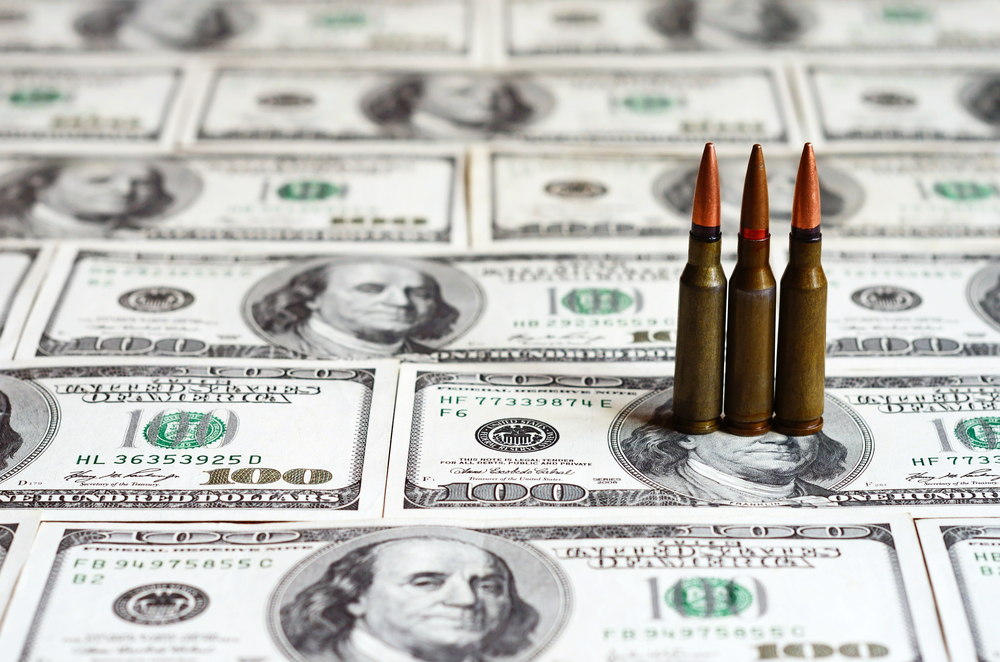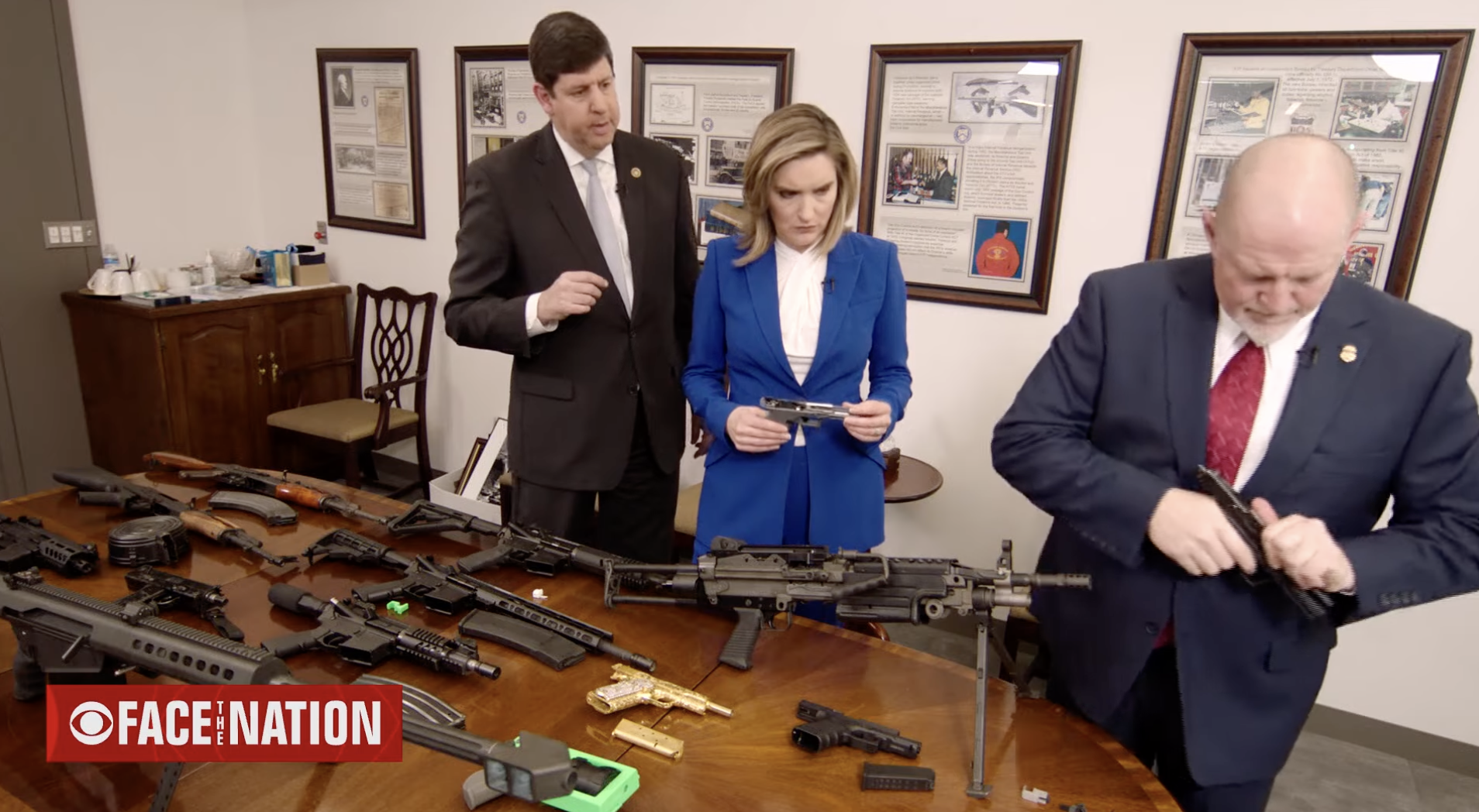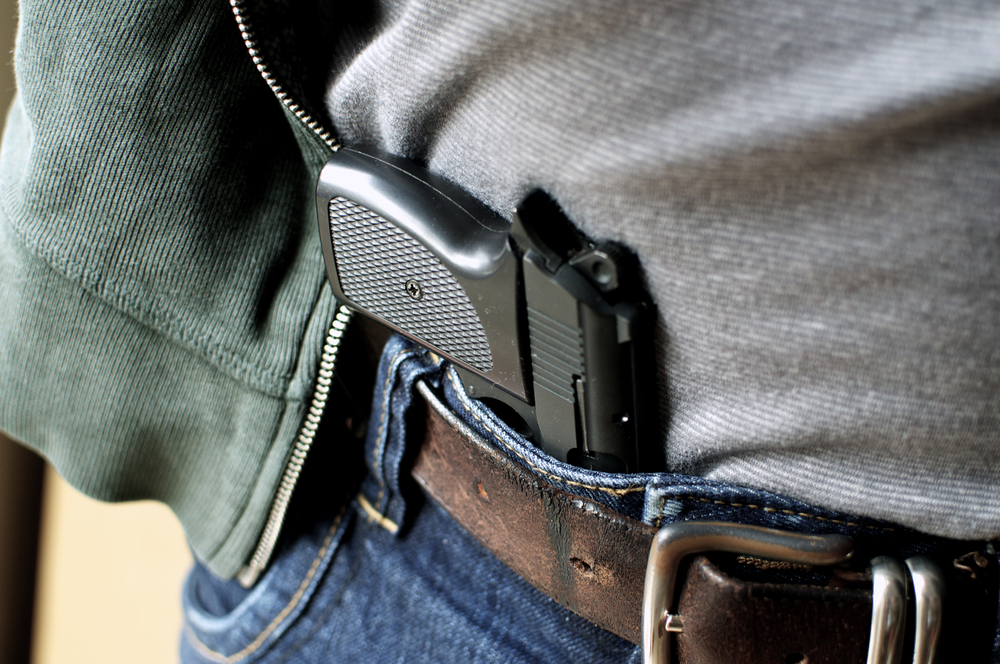2A NEWSLETTER: WEEK OF MARCH 8th
Photo Source: Shutterstock via Andrij Vatsyk
The Battle Against New Gun and Ammo Taxes in Seven States
In a significant legislative trend, Maryland, along with six other states, is contemplating the imposition of taxes on firearms and ammunition, a movement sparked by California's law enacted last September. Under Governor Gavin Newsom's leadership, California set a precedent by introducing an 11 percent excise tax on firearms and ammunition.
Following California's footsteps, states like Colorado, Vermont, New York, Massachusetts, Washington, and New Mexico are examining similar legislative proposals. These initiatives predominantly mirror California's approach, targeting an 11 percent tax on firearm manufacturers and retailers.
This trend is not isolated to states; municipalities like Seattle, Tacoma, and Cook County have also implemented similar taxes.
Since 1919, the U.S. federal government has levied a national excise tax on firearms to aid wildlife conservation, showing a long-standing precedent for such fiscal measures. However, these new state-level taxes, including Maryland's potential $18.7 million revenue in the first year, stack on top of federal duties, raising concerns about cumulative financial burdens on lawful gun owners.
The ATF's Disastrous Interview on Face the Nation
The recent "Face the Nation" interview featuring ATF Director Steve Dettelbach raised serious questions about the expertise of those at the Bureau of Alcohol, Tobacco, Firearms and Explosives. The individuals responsible for drafting and enforcing our nation's gun laws lack the necessary expertise, evidenced by their apparent unfamiliarity with basic firearm mechanics, such as disassembling a Glock, and the lack of fundamental knowledge about the difference between a clip and a magazine.
During the interview, the term "ghost gun" was thrown around liberally, a concept that remains contentious and arguably overstated, particularly in discussions surrounding legal gun ownership. The conversation took a fear-mongering turn as they explained converting regular semi-automatic guns into automatic ones with 3D-printed parts stating that it's the bad guys—gangs and drug cartels—doing this, not your everyday American gun owners.
For supporters of the Second Amendment, this interview underscored a glaring disconnect between the ATF's leadership and the realities of responsible gun ownership. It serves as a reminder of the importance of informed, knowledgeable individuals leading the conversations and decisions that impact the rights and lives of gun owners across the nation.
Photo Source: Shutterstock via koi88
Louisiana becomes the nation's 28th state with constitutional carry law
Louisiana has proudly joined the ranks of states upholding the Second Amendment by adopting a constitutional carry law, allowing citizens to carry concealed firearms without obtaining a permit. This landmark move makes Louisiana the 28th state to affirm the right of its residents to protect themselves and their families without government oversight, echoing a national trend toward embracing individual liberties as envisioned by our founding fathers.
Governor Jeff Landry's swift action in signing this NRA-supported legislation into law just 57 days after taking office is a testament to Louisiana's commitment to freedom and self-reliance. This new law is seen by many as a vital step in enhancing personal safety and deterring crime, as it empowers law-abiding citizens to exercise their right to self-defense more freely.
While some voices express concerns about the potential implications for public safety, advocates emphasize that the law is designed to support those who follow the law, not those who seek to harm. The belief is that by enabling responsible citizens to protect themselves, communities will become safer for everyone.
Louisiana now stands alongside Alabama, Alaska, Arizona, Arkansas, Florida, Georgia, Idaho, Indiana, Iowa, Kansas, Kentucky, Maine, Mississippi, Missouri, Montana, Nebraska, New Hampshire, North Dakota, Ohio, Oklahoma, South Dakota, Tennessee, Texas, Utah, Vermont, West Virginia, and Wyoming, as part of a growing coalition of states that have embraced constitutional carry. This movement underscores a broader recognition of the Second Amendment's paramount importance and reflects a widespread commitment to preserving the fundamental right of Americans to bear arms.






 Back to List
Back to List